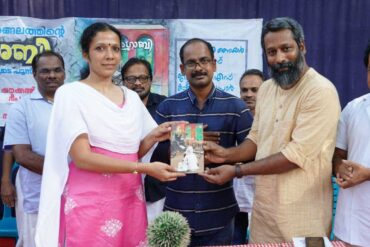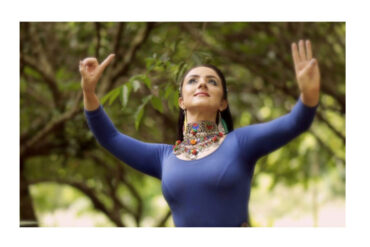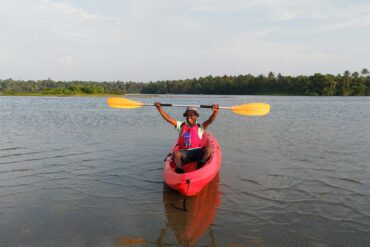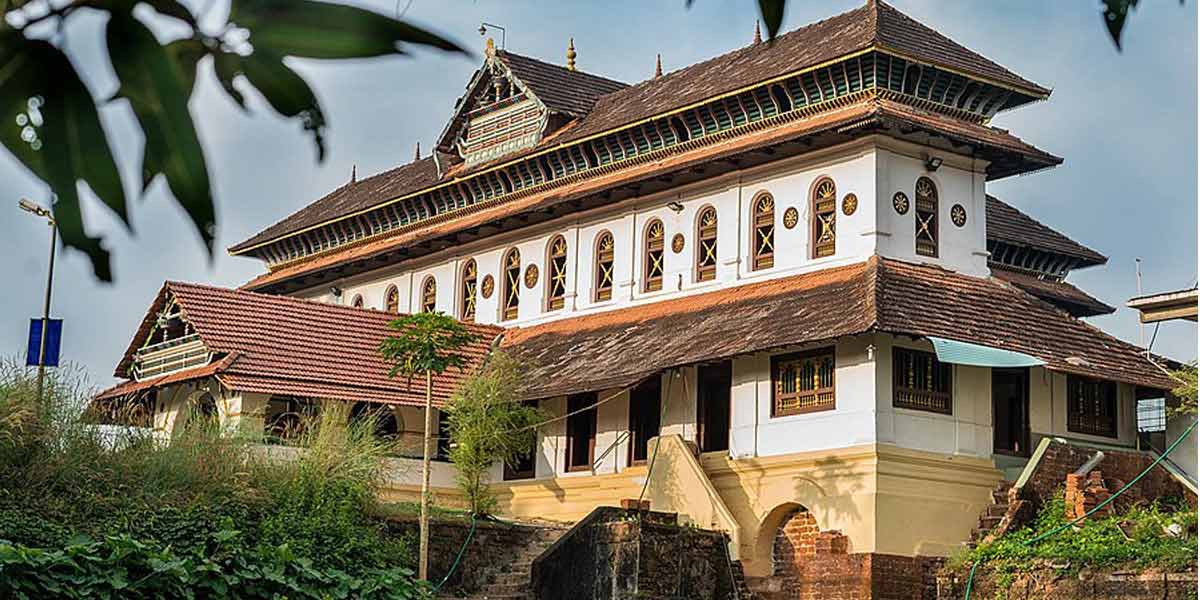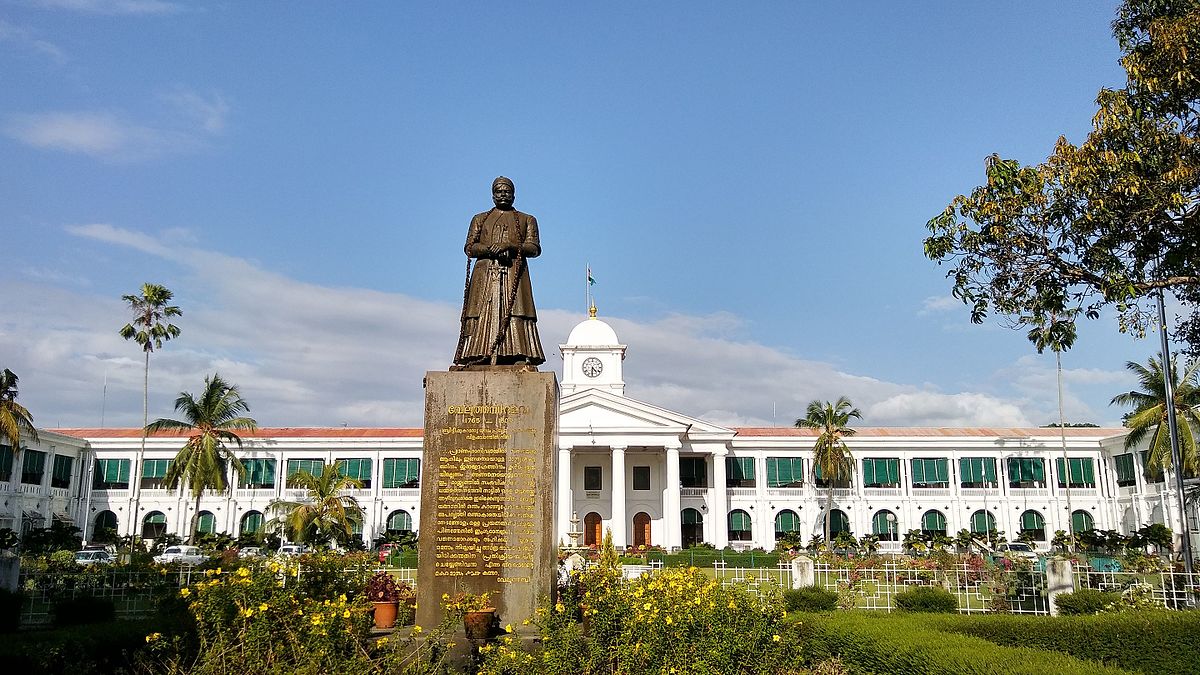There is a certain teleology in the pursuit of knowledge and higher education among the upwardly-mobile section of Muslims of Kerala. The educational consultancies and the like that are active in Malabar, sending upper middle-class kids to foreign destinations for medical education look at education purely from a practical, utilitarian perspective. Knowledge for the sake of itself seems a concept alien to these tycoons of commercialized knowledge.
Aspirational education without idealistic underpinnings can hurt the prospects of communities climbing up the ladder of upward mobility. Hyper commercialization is wreaking havoc on the progressive educational edifice in the state, which has for so long believed that there are certain things money cannot buy, and that prime among them was education.
Social climbing is an intricate process. There are agencies galore, catering to the needs of middle-class Muslim parents seeking instant gratification from earning a quick medical degree for their wards. Education, which was once seen as a prop to help subaltern communities out of drudgery, is now perceived as a utilitarian tool for social as well as political advancement. Such tendencies also trickle down, in ways undesirable, into the field of primary education as well, where the state’s performance has been laudatory.
Struggling upwards from subaltern madrasa backgrounds, there are students, who on a freelance basis, through self-study and sheer hard work as well as brilliance have reached central universities like Jawaharlal Nehru University (JNU) and even elite academic institutions outside India. Islamic seminaries like the Darul Huda Islamic Academy in Chemmad, Malappuram have been imparting quality education to a bunch of capable but underprivileged boys, who, despite heavy odds, have made their presence felt in national and even international academic spheres.
Organizations such as Centre for Information Guidance India (CIGI) have been instrumental in guiding students from the backward sections of society and enabling them to reach echelons of elite academia including JNU and the Hyderabad Central University (HCU). Such organizations deal not only with the entrance tests, but also with the admission procedures, including the filing of online forms and procurement of physical admission brochures where applicable.
But CIGI is an exception. The instrumental nature of such efforts, though laudable, is often stymied by a certain orthodox attitude of disenchantment with rational debate and secular western education, especially in the humanities, emanating from the conservative section of the society. Here, a deeply felt need to vindicate one’s faith and community seems to be at play. An education in the liberal western humanities is still abominable to many.
Commonly described as just ‘English education’, education in the humanities is actually suffering from systemic neglect and acute disorientation. The academic study of Islam as a faith is proving to be a closed affair with outsiders being actively discouraged. The philological or sociological study of Kerala Muslims and their practices and traditions such as Arabi-Malayalam and Sharia matriliny, either critically or otherwise, need more takers.
Iranian sociologists like Ali Shariati and Morteza Motahhari as well as the recent super stardom of the American cultural anthropologist Talal Asad have helped in the crafting of a distinct Malabar school of Sociology. The book Graves of Tarim by Enseng Ho, tracing cultural exchanges between Arabia and India and South East Asia, and published by the University of California Press, has given a huge impetus to anthropological and genealogical study of Muslim roots and ancestry along the Indian Ocean rim region including Malabar.
Writer Shihabudeen Poythumkadavu has opined that the most crucial renaissance leader in Malabar has been ‘Gulf Money’. The influx of petro Rupees, without a doubt, has boosted the prospects of the Muslim community in terms of their educational aspirations. But, on the other hand, it has also somewhat been instrumental in the inculcation of a West Asian syndrome that has destroyed the idealism, and inserted a sort of teleology in the epistemological crafting of Kerala Muslim society.
Like for instance, a novel by Salman Rushdie would be anathema to any Muslim institutions of higher learning in the state. There is a pressing need to introduce not just courses in liberal western philosophy, sculpture and fine arts, but also in fields such as comparative religion and theology, that would serve as the basis for establishing a horizon of commingled thought and existence. But the sole focus on utilitarian courses has sapped minority educational institutions of their vitality. Government institutions prove the lone exceptions.
Scholars like Ashraf Kadakkal, faculty of Islamic Studies at the Kerala University Campus in Thiruvananthapuram, have desperately been trying to give a media visibility to the moderate sections of the Muslim community in Kerala, fostered through his education from Thangal Kunju Musaliar (TKM) College in Kollam, Centre for West Asia Studies in JNU and Al-Azhar, an elite Islamic seminary in Egypt. Despite the presence of such role models, a utilitarian cynicism has crept in.
One field where a rapid shift in attitudes has been witnessed in recent times is that of media studies. With the advent of mediated reality itself, a slew of television channels and dailies have commenced operation, leading to a spurt in demand for qualified media professionals with secular credentials and expertise. Media institutes like A J K Mass Communication Research Centre at the Jamia Millia Islamia in New Delhi have recently seen a rise in the number of applications from Kerala. It is the very utilitarian pattern of media studies, as opposed to idealism, that is driving this demand.
Therefore, the motto in the field of education is to ‘follow the money’. Education and charity have always had a commingled existence in the case of Islamic educational institutions. This idealistic model is facing a crisis owing to a wider paradigm shift that strives to render charitable education obsolete.
Utilitarianism has always been the bane of minority education, though organizations like the Muslim Educational Society (MES) have always been operating on a realist foundation. But the Saudi Arabian model of accepting western science but rejecting western social sciences and humanities in favour of Islamic humanities and social sciences has slowly crept in.
This model purportedly claims that while western sciences and engineering could arguably have been the basis for occidental achievements, the oriental Islamic world view and human sciences is superior to everything else. So they can never be replaced with their western counterparts. This attitude slowly inveigles itself into the sciences as well, thus stymieing rational quest and inquiry. While the Muslim community is earning its spurs education-wise, this inherent limitation is going to prove a liability in the long term.
Cover Image: Nadapuram Mosque

